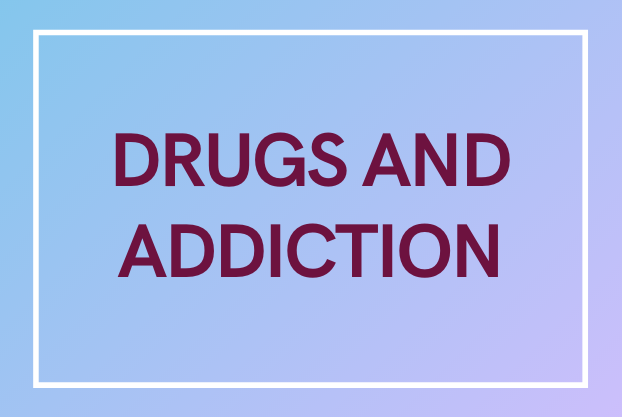Kicking a habit is not as easy as deciding to no longer do it- especially if it is a response to pain. Humans will do anything to avoid feeling pain. Addictions act as a distraction to deal with and reduce pain. In the end, however, it only leads to more pain and obsession.
Why Do We Get Addicted?
The addiction cycle can be simplified into five phases:
Phase 1: The first is pain or trigger. Every time you face a trigger, or undergo a form of pain, you tend to look for a way to alleviate it in order to feel “normal” again.
Phase 2: While looking for a solution you pick up a habit or distraction in the form of addictive substances: drugs, nicotine, or alcohol.
Phase 3: These drugs help you feel good, leading to temporary relief.
Phase 4: One tends to make bad decisions because they’re now “feeling good”.
Phase 5: These bad decisions encourage bad emotions such as self-hatred and loathing, which then translates into pain/ trigger and sends you right back to Phase 1.
Is Addiction Genetic?
The answer is no. When addressing pain, you can’t refer to a person’s genetics. Thus, those who have been traumatized or abused as children are more likely to develop an addiction as opposed to those with healthier childhoods. The answer is not in your genetics.
Drugs themselves are not addictive in nature, which is why some people can try a substance once or twice without being addicted. Pain makes a person more susceptible to addiction and this pain often stems from a lack of love and connection in your childhood. In its place, the brain looks for other feel-good alternatives: drugs. This avoidance is what inevitably leads to addiction.
How Can I Get Rid Of My Addiction?
The answer isn’t as simple as replacement or just deciding not to do it. Instead you need to:
- Identify the pain, trauma or trigger.
- Face what has happened instead of avoiding it.
- Acknowledge that you are indeed addicted.
- Allow yourself to feel the pain- working towards breaking the cycle.
- Meet with a therapist to work on confronting your trauma.
Most people tend not to understand addiction and what it can do to you. Instead, it’s dismissed as a “wrong choice” or a “bad decision” - and while it can lead to that, addiction stems from unaddressed trauma. In order to continue avoiding the core trigger, we tend to find escape in substances. Another Light is equipped with Trauma-Informed therapists who help you work towards breaking the addiction cycle.

